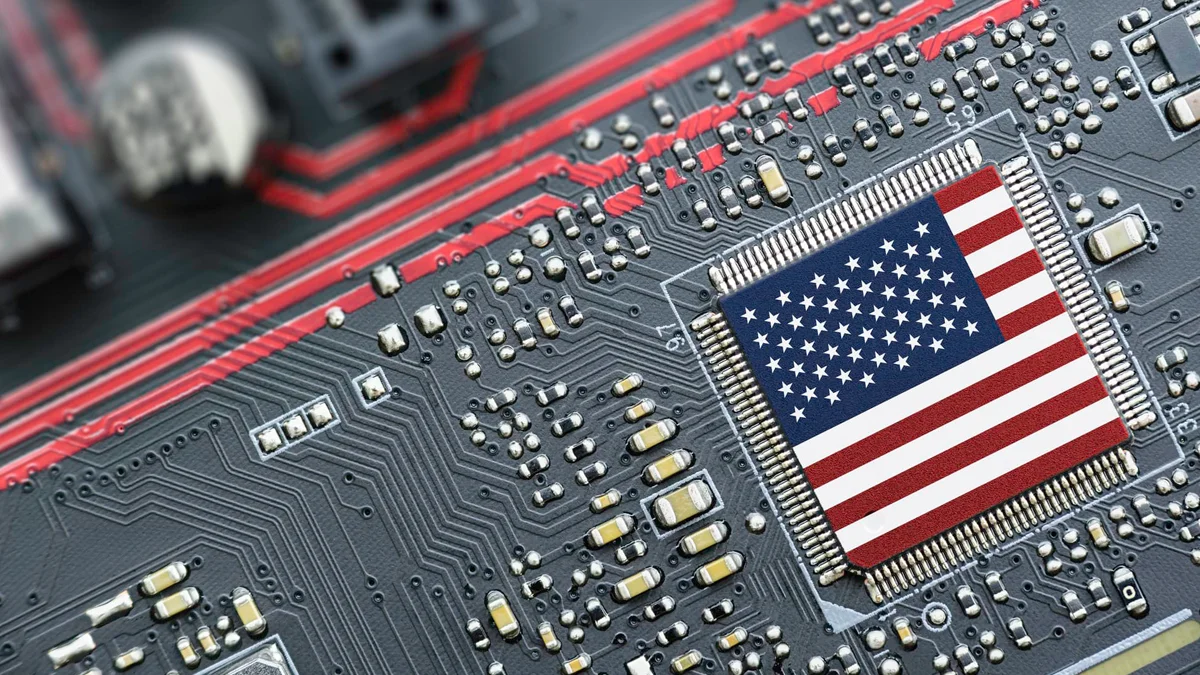Necessary Always Active
Necessary cookies are required to enable the basic features of this site, such as providing secure log-in or adjusting your consent preferences. These cookies do not store any personally identifiable data.
|
||||||
|
||||||
|
||||||
|

The US Senate has passed President Donald Trump’s ‘big beautiful bill’. According to CNBC, the latest version of the bill could make it less costly for chip making companies to set up production plants in the US. Under the new bill, chipmaker tax credits increase from 25% to 35%. This is slightly higher than the 30% raise presented in the draft bill.
Trump’s tech tax reforms come at a time when the US government is seeking to strengthen the local chip supply chain. The new legal provision can be viewed as an expansion of the tax incentives offered under the CHIPS and Science Act of 2022. This Act provided for loans amounting to $75 billion and grants amounting to $39 billion to support US-based chip production.
The new tax break for chipmakers will benefit several qualifying companies, including Micro Technology, Intel, and the Taiwan Semiconductor Manufacturing Company (TSMC). However, the credits carry a condition that eligible companies must expand production of advanced semiconductors in the US before the 2026 deadline.
Although the US Senate has given Trump’s semiconductor law a nod, companies cannot enjoy the expanded tax credits until the House passes Trump’s domestic policy package again. Last month, the House of Representatives passed its own version of the bill.
President Trump has asked lawmakers to pass it again by July 4, but this deadline could be elusive because Speaker Mike Johnson is experiencing resistance from his party. Vote margins remain slim, which means the Speaker cannot afford to lose three or more Republicans should all members turn up .
President Trump has been working on restoring advanced chip supply chains back to the US from Asia. The goal is to support local players and limit China’s access to American chip technology.
Unlike his predecessor who opted for grants and loans to spur US chip production, Trump is seeking to do this through tax incentives. He has also been active in gunning for the CHIPs Act. At the beginning of this year, the President called for a repeal of the entire law. Right wing lawmakers are yet to act on this call.
However, Department of Commerce Secretary Howard Lutnick last month confirmed that the Trump administration has started renegotiating some of the grant terms signed by the Biden administration. Trump’s administration has already commenced investigations into chip imports, a move that could result in new duties for chip technology imported from other countries.
The semiconductor industry needs clear policies to thrive. Previously, President Trump has emphasized that US policy on semiconductors should be more inclined to tariffs as opposed to the grants provided for in the CHIPS Act. For chip companies that do not want to deal with unpredictable costs, this raises genuine concerns and forces them to set up production facilities in the US.
“Given the risk of tariffs, increasing manufacturing in the U.S. remains a key consideration for these large semiconductor companies,” Futurum CEO Daniel Newman said.
According to Newman, tax credits should be viewed as an opportunity to offset costs relating to US based projects. Over the last few months, chip makers such as Micron, TSMC, Nvidia, and GlobalFoundries have ramped up their projects in the US. If the tax credits become law, the US will be able to accelerate efforts of onshoring semiconductor production in the US.